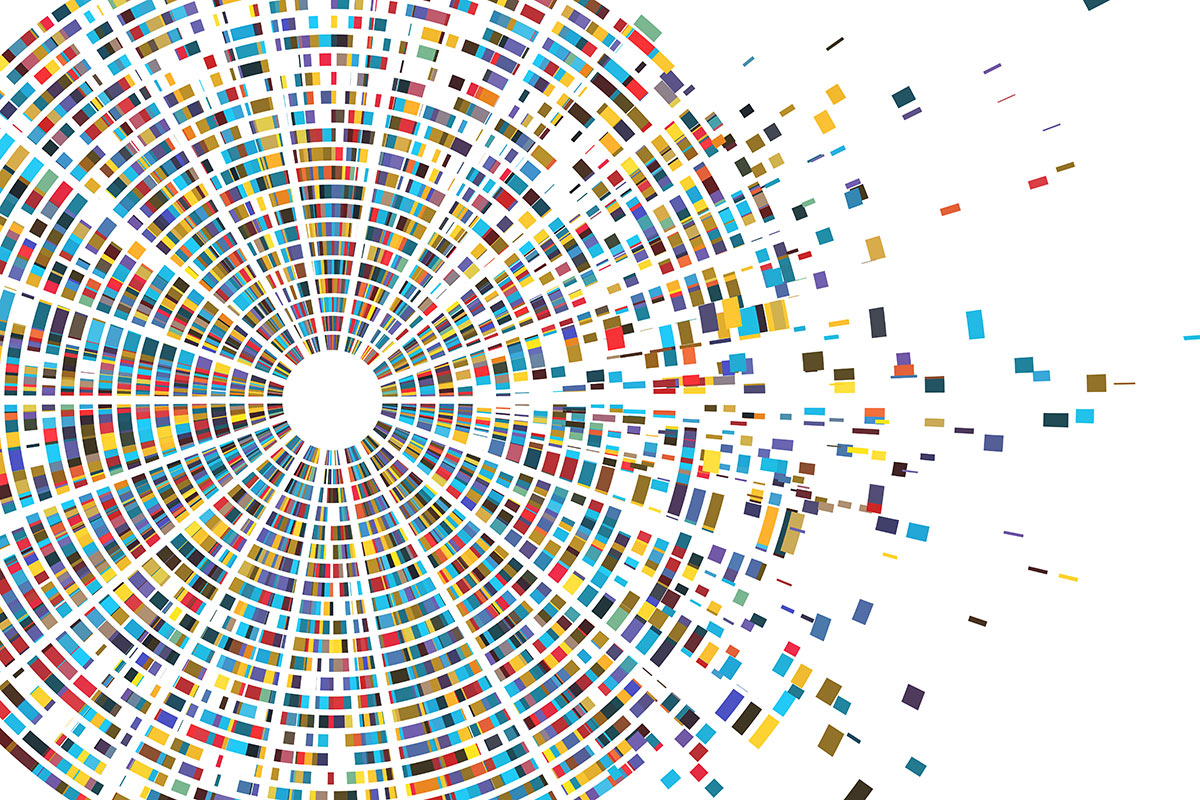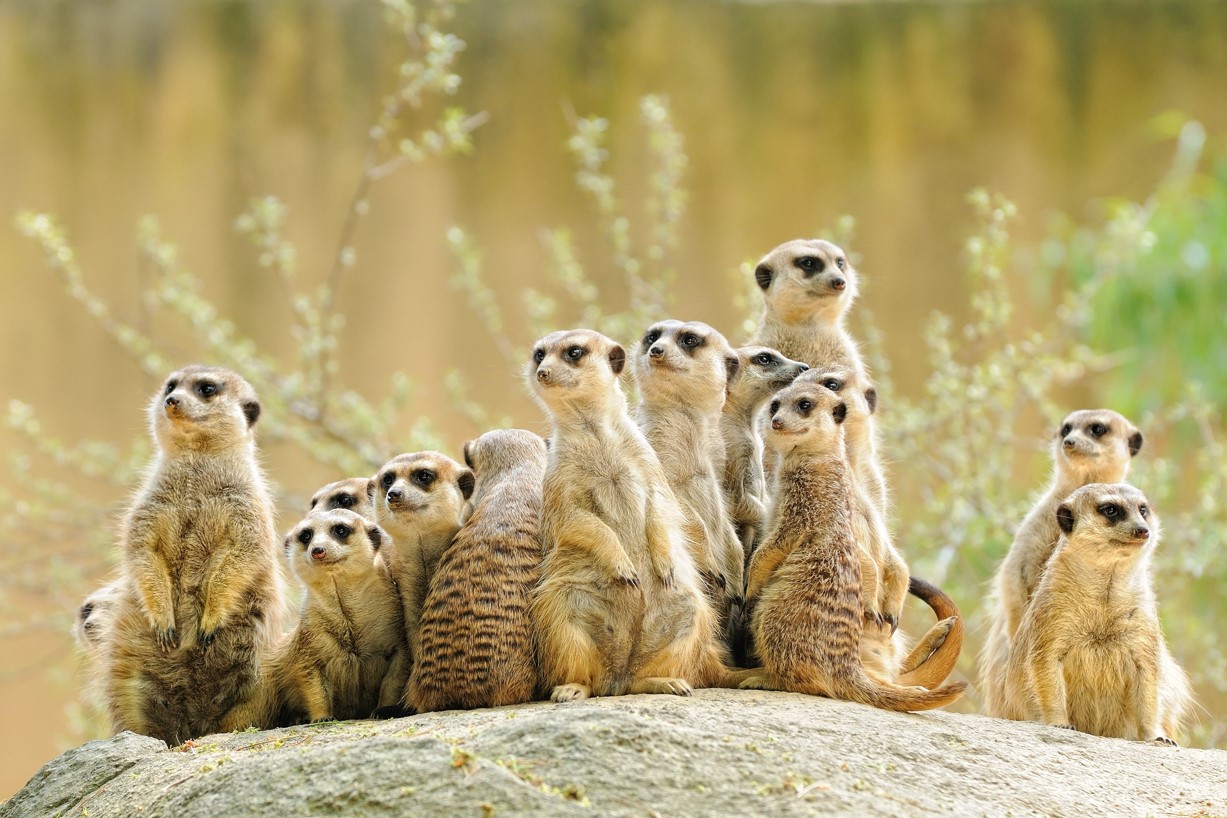The Institute of Evolution is the largest theoretical evolutionary biology scientific centre in Hungary, with research interests spanning all levels of biological organisation. We investigate the origin of life, transitions in evolution involving large increases in complexity (including the origin of human language and cooperation), evolutionary aspects of neural networks, the relationship between learning and evolution, and evolutionary-ecological processes, with a particular focus on the dynamics of emerging infectious diseases under the impact of climate change.
Priority Areas
- Chemical evolutionary processes before the appearance of life.
- The appearance of life on Earth, the study of processes leading to the first protocells.
- Modelling evolutionary steps involving major increases in complexity.
- Modelling the co-evolution of cooperation and communication at different levels of organization from bacterial communities to human societies.
- Investigating the mechanisms that maintain human and animal cooperation.
- Cooperation and competition in microbial communities, evolutionary ecology of microbiomes.
- Evolutionary ecology and behavioural ecology of parasites and pathogens.
- Evolutionary study of the coexistence of hosts and internal parasite species.
- Effects of climate change and environmental degradation on emerging pathogens, prevention options, the application of the DAMA (Document, Assess, Monitor, Act) protocol
- Epidemiological and ecological study of arthropod vectors, mainly ticks and of the pathogens they transmit.
- Evolutionary processes working on neural networks, and the study of the relationship between evolution and learning.
Priority publications
Podani János; Schmera Dénes; Bagella Simonetta. Correlating variables with different scale types: A new framework based on matrix comparisons METHODS IN ECOLOGY AND EVOLUTION 14:1049-1060.
2023
Szilágyi András; Kovács Viktor P.; Czárán Tamás; Szathmáry Eörs. Evolutionary ecology of language origins through confrontational scavenging PHILOSOPHICAL TRANSACTIONS OF THE ROYAL SOCIETY B 378:20210411.
2023
Szabolcs Számadó; István Zachar; Dániel Czégel; Dustin J. Penn. Honesty in signalling games is maintained by trade-offs rather than costs BMC BIOLOGY 21:4.
2023
Demeter, M.; Derényi, I.; Szöllősi, G. Trade-off between reducing mutational accumulation and increasing commitment to differentiation determines tissue organization. NATURE COMMUNICATIONS 13(1):1-10.
2022
Ocaña-Pallarès, E.; Williams, TA.; López-Escardó, D.; Arroyo, AS.; Pathmanathan, JS.; Bapteste, E.; Tikhonenkov, DV.; Keeling, PJ.; Szöllősi, GJ.; Ruiz-Trillo, I. Divergent genomic trajectories predate the origin of animals and fungi. NATURE 609(7928):747-753
2022
Zachar, István Eukaryotic origins: Closing the energetics gap. NATURE ECOLOGY & EVOLUTION, 6:1254-1255
2022







